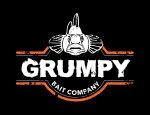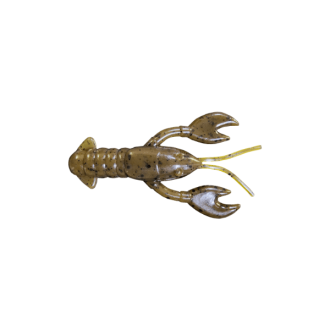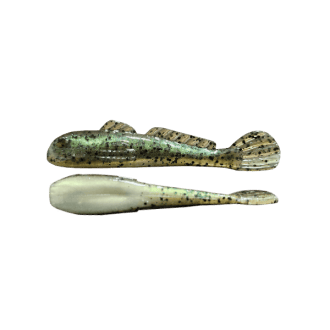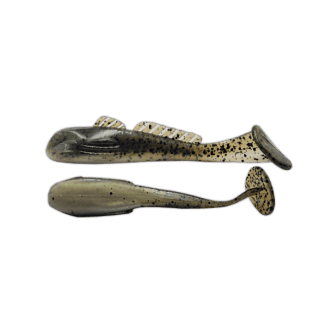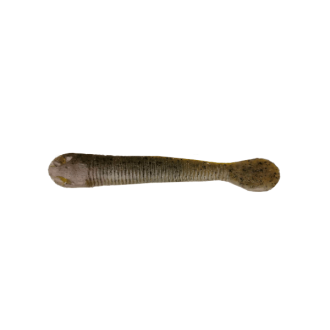SAUGER
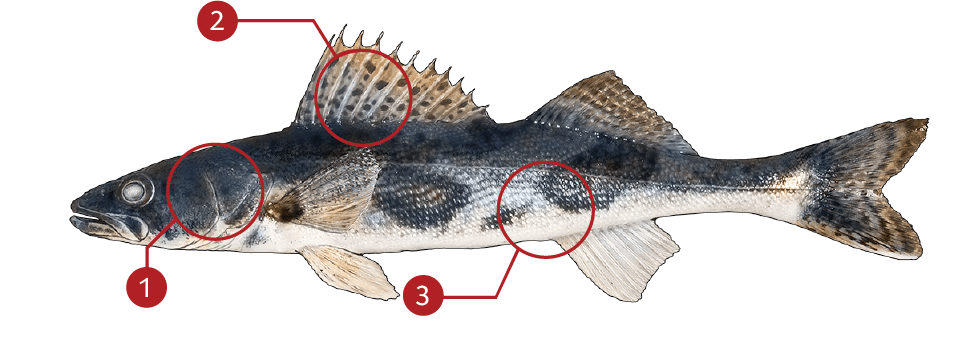
Generally darker in color with rough skin over the gill
Distinct dark spots on dorsal fine, unlike Walleye
Distinct splotchy patterns over the body
How to identify a Sauger
They can be distinguished by several factors, most noticeably, the sauger has distinct dark spots on the dorsal fin. The walleye may have dark streaks or blotches on the dorsal fin, but they are less distinct than the spots of the sauger and may not be present. Also, the walleye has one large dark blotch at the base of the last few spines of the dorsal fin, which is not present in the sauger. The sauger has 17-20 soft-rays in the second dorsal fin versus 19-22 in the walleye. Identification is complicated by the fact that the sauger is known to hybridize in nature with the walleye. This hybrid is commonly referred to as a saugeye. The sauger is also smaller than the walleye.
Where to catch Sauger
The sauger has a general distribution in Canada and the U.S. from Quebec to Tennessee and Arkansas, and from northwestward through Montana to about central Alberta. Between Alberta and Quebec it occurs in southern Saskatchewan and Ontario and throughout the Great Lakes to James Bay. It does not occur east of the Appalachians or much south of Tennessee except in a few drainages where it has been introduced, principally from the Carolinas around through the lower coastal states to as far as Texas on the Gulf.
TARGET AREAS
- Cliffs and Steep Shore Banks
- Freshwater Lakes and Ponds
- Holes
- Points and Break Lines
- Shoreline Shallows
- Inside Turns and Coves
- Lily Pads
- Piers, Docks and Pilings
- Sunken Objects
- Freshwater Weed Beds
- Rocks
- Spring Holes
- Walkways and Bridges
- Open Water
- Dams and Falls
- Gradual Shores
- Inlets and Outlets
- Islands or Sand Bars
Acknowledgements: We thank TAKEMEFISHING.org (www.takemefishing.org), Wisconsin Department of Natural Resources, Indiana Department of Natural Resources for their contributions to these FISH FACTS.
